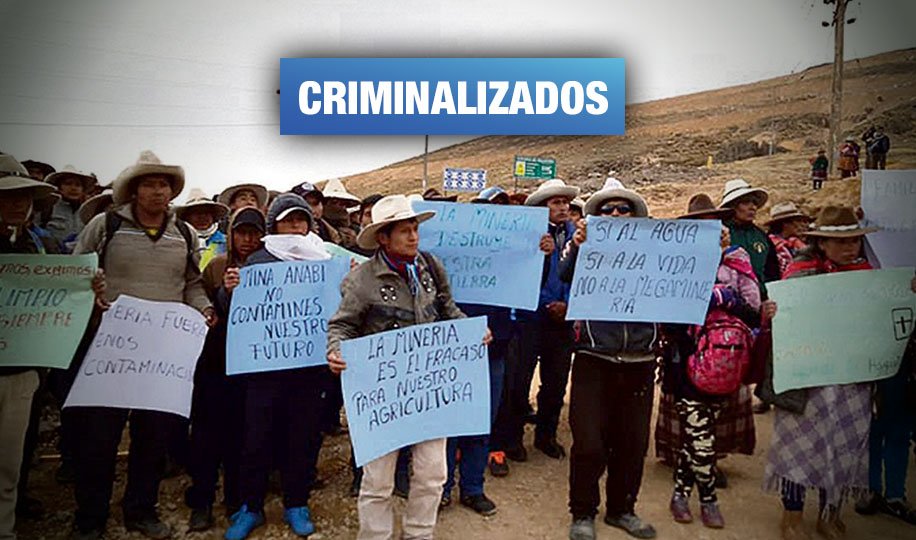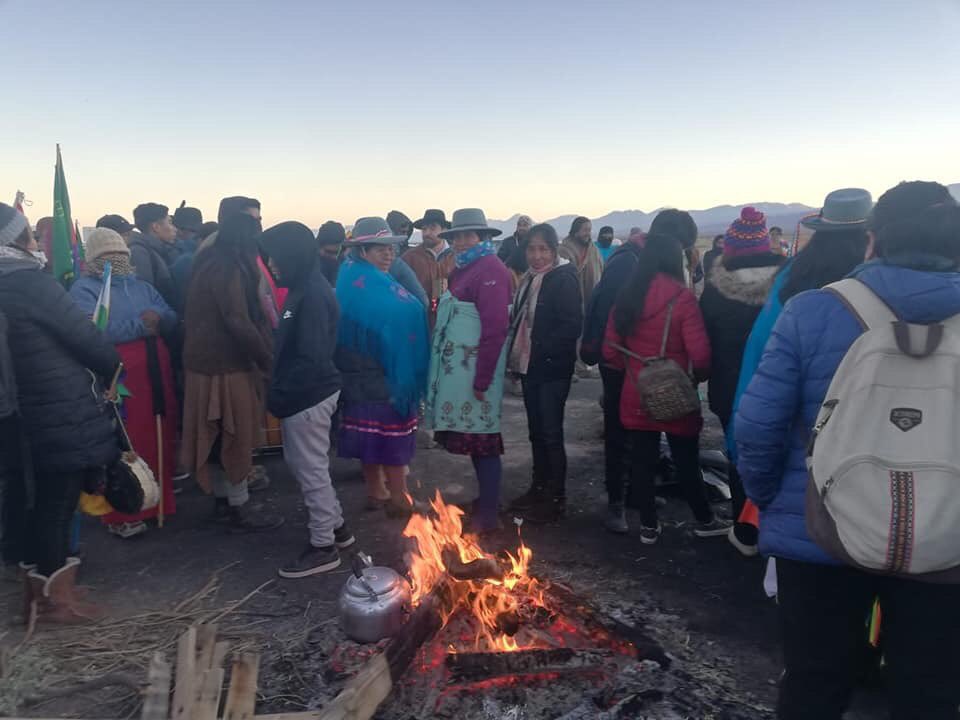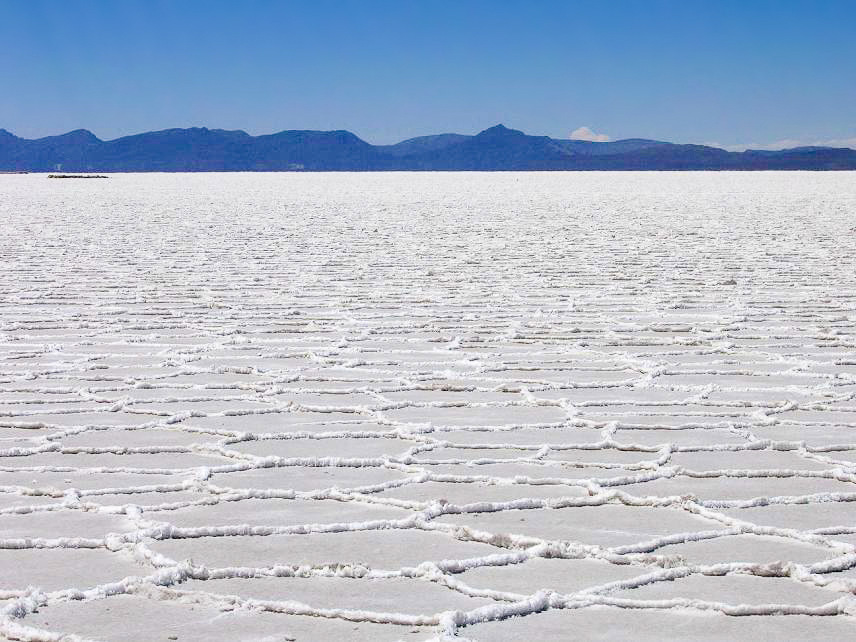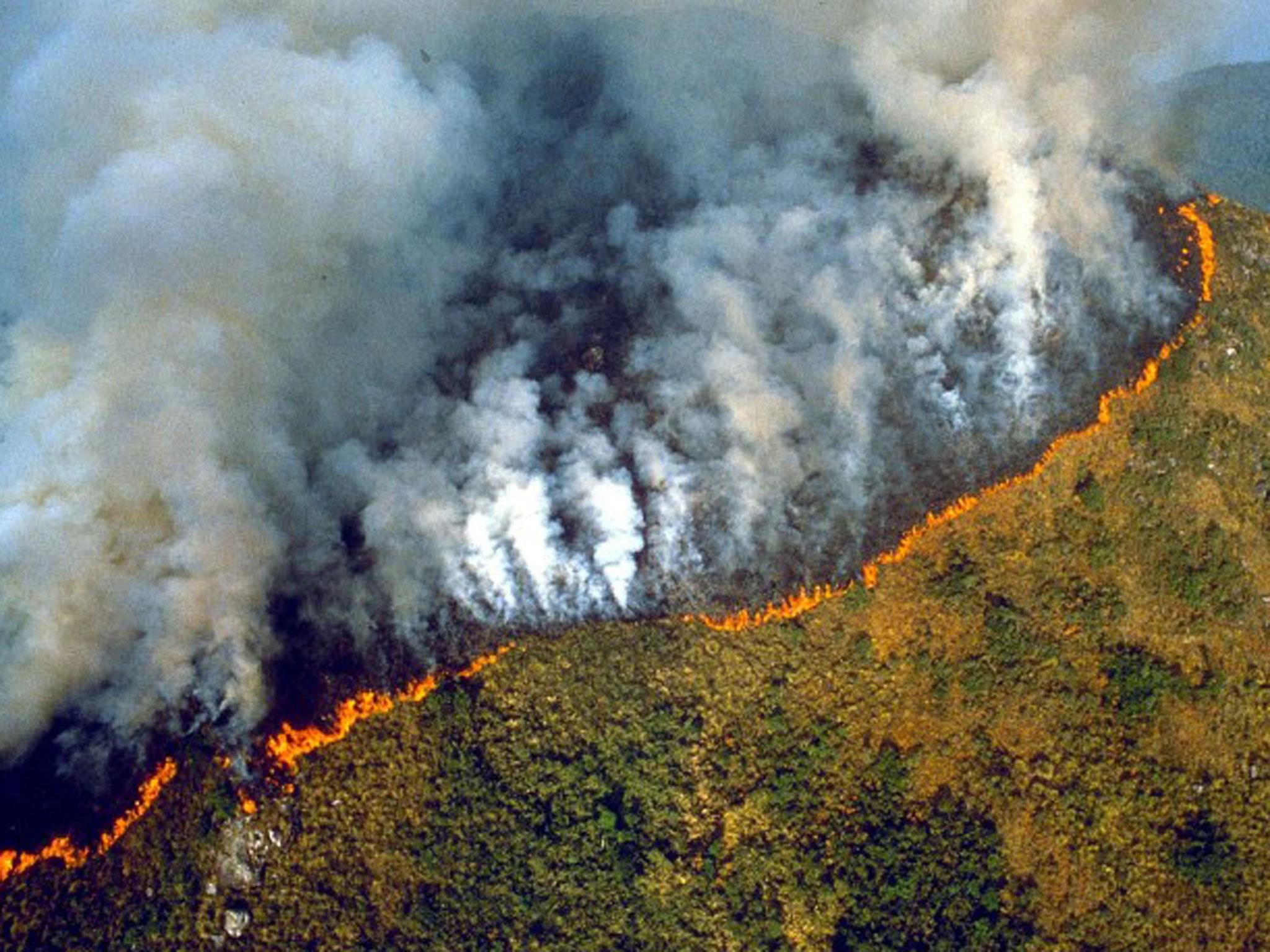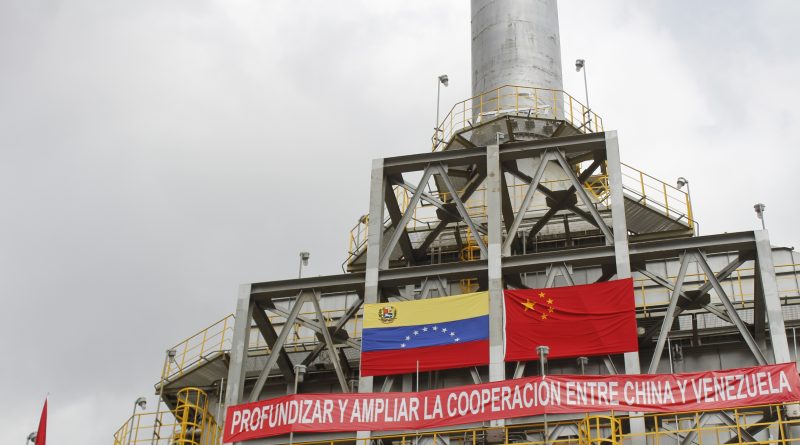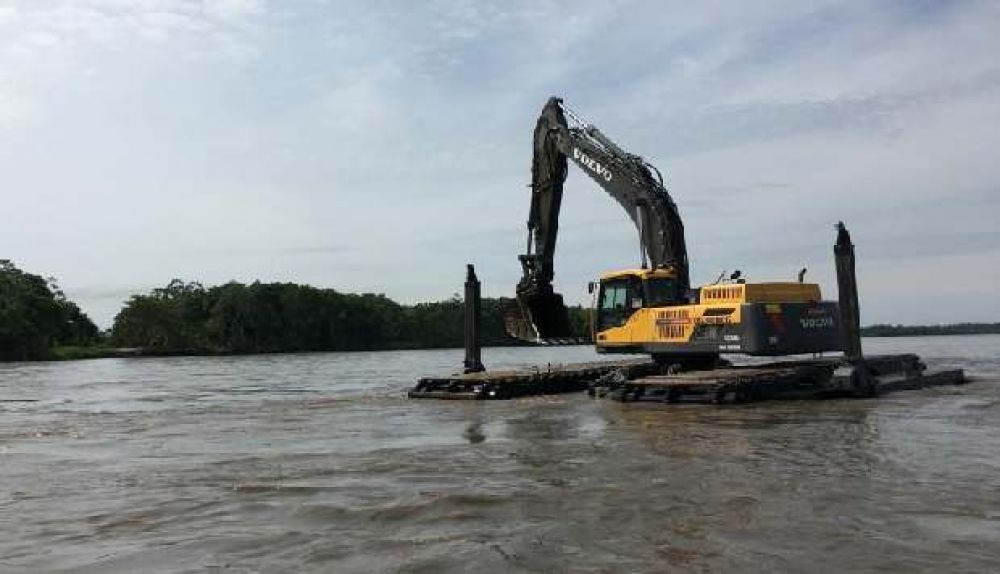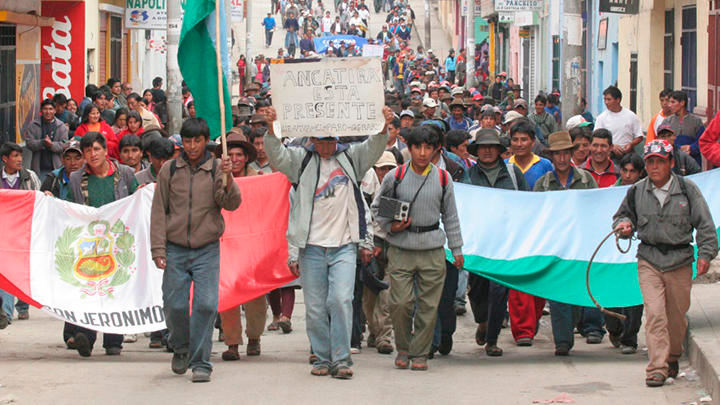
Peru: high court rules ‘social protest’ protected
In a decision made very timely amid new mobilizations against oil and mineral operations on peasant and indigenous lands, Peru’s high court struck down a provision of the country’s penal code that rights advocates said criminalized the right to “social protest.” The ruling by the Constitutional Tribunal voided an amendment to Article 200 of the Penal Code that had been instated under Legislative Decree 1237, issued by then-president Ollanta Humala in September 2015. The decree expanded the definition of “extortion” to apply not only to use of force to gain “economic advantage” but also “advantage of any other nature.” This expanded definition has been used to bring criminal charges against protesters who have blocked roads or occupied oil-fields or mining installations. (Photo: IDL)



